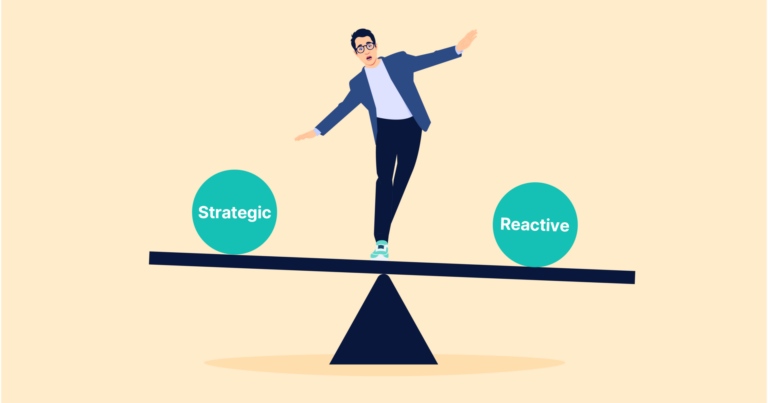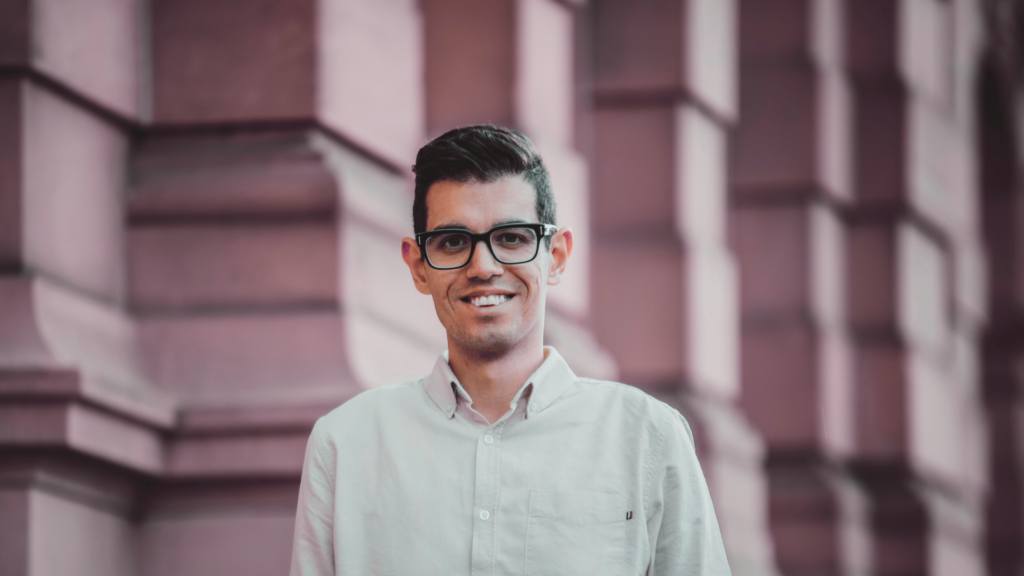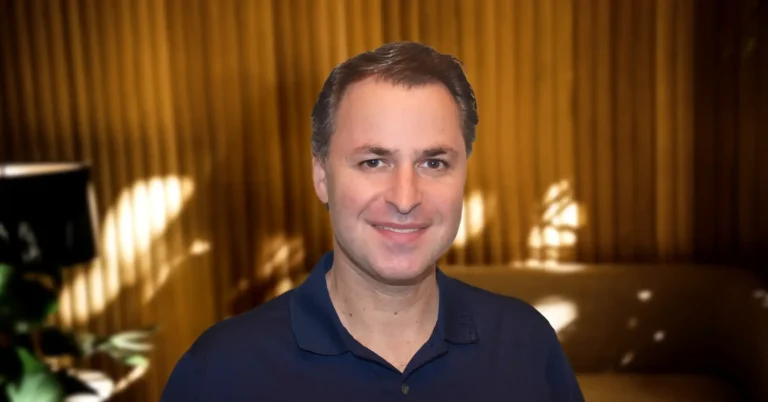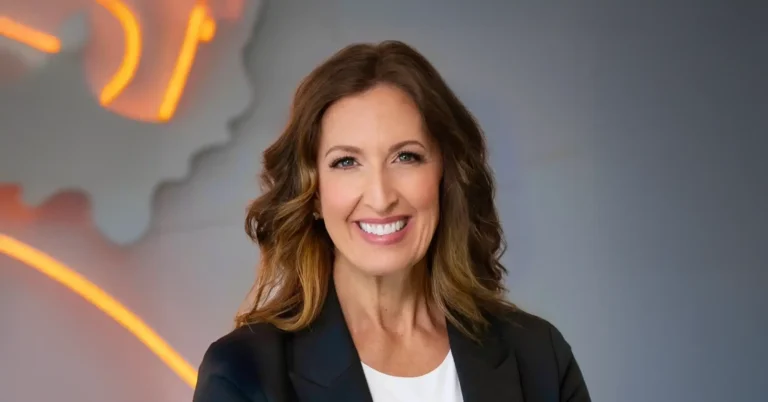

“My day felt quite boring, as though I wasn’t really achieving much,” he recalls. However, reframing his perspective, from seeing individual tasks to the impact of these tasks, allowed him to find purpose in this work.
An impact perspective allows one to see that a contract is more than just a contract. In the UTAS setting a research contract means funding research that will benefit society in the long term: a grant agreement from a medical foundation may be researching a cure for a disease. When viewed holistically, Kapodistrias’ seemingly boring contract review work was a crucial step in allowing this work to happen.
In Kapodistrias’ opinion, the beauty of being an in-house lawyer is that you can be involved in a project end-to-end; you may have legal insight from the strategy to the implementation stage. In private practice, lawyers are generally required to do a specific piece of work on a commercial job whereas in-house legal are part of the bigger picture.
Ikigai is a term Kapodistrias uses to describe finding one’s legal purpose. It is a Japanese concept and roughly translates to “the reason for which you wake up in the morning”. According to Ikigai, your purpose is a combination of what you love, what the world needs, what you’re good at, and what you can get paid to do. In other words, your passion, your vocation and profession, and your mission in life.
Kapodistrias sees Ikigai as a great framework for being an in-house lawyer. “You can define elements within the business that can actually tailor all those needs,” he says. Perhaps you are good at quick contract reviews but what you love is writing, so you offer to help the marketing team with blogs. Maybe your mission is to create a more diverse in-house legal team, so you get involved with DEI work on mentoring, and the thing you get paid for is being an in-house lawyer. Follow the sage words of Kapodistrias and “find where you fit within the scope of all the awesome things that are happening in the business”.
Your purpose can change, which is what happened to Kapodistrias. Whilst working at UTAS, he discovered a passion for privacy and data protection which spurred him to change the industry he worked in, moving from education to tech and data privacy. While such a major career change can be daunting, Kapodistrias’ core skill set as an in-house lawyer gave him the confidence to believe in his ability to successfully make the transfer. The core skills most in-house lawyers have are contract review and creation, intellectual property, privacy, drafting letters of advice, training, communicating complicated concepts, and general commercial acumen. “Look at how you can transfer the skills from one environment to another rather than boxing yourself into being a particular type of lawyer,” advises Kapodistrias.
Maintaining an open mindset allows you to take on opportunities and discover new passions that might in time become a new purpose. To ensure this, Kapodistrias dedicates time to upskilling, making time each week to read about areas of law or industry that interest him, maintaining his professional memberships, and attending events. Having a mentor has been crucial as he values having an open, honest legal sounding board.
Rejection is something everyone faces, lawyers included, and it can put a dampener on pursuing one’s purpose. Kapodistrias remembers the rejection he faced when looking for jobs after graduating from law school. But rather than getting bogged down by the rejection, he changed his perspective of it. “Yes, I was rejected. But what did that mean for me? That it probably wasn’t the right opportunity.” Rejection is an opportunity to learn resilience and to recoup for your next opportunity.
According to Kapodistrias, it is important to distinguish between your professional and personal purposes as it is very easy to blur the lines between work and home life. An impact perspective allows you to realize not only the effect of your actions within an organization but also personally, be that with family, friends, hobbies, or goals.


